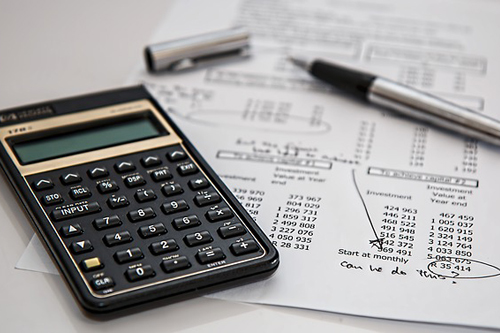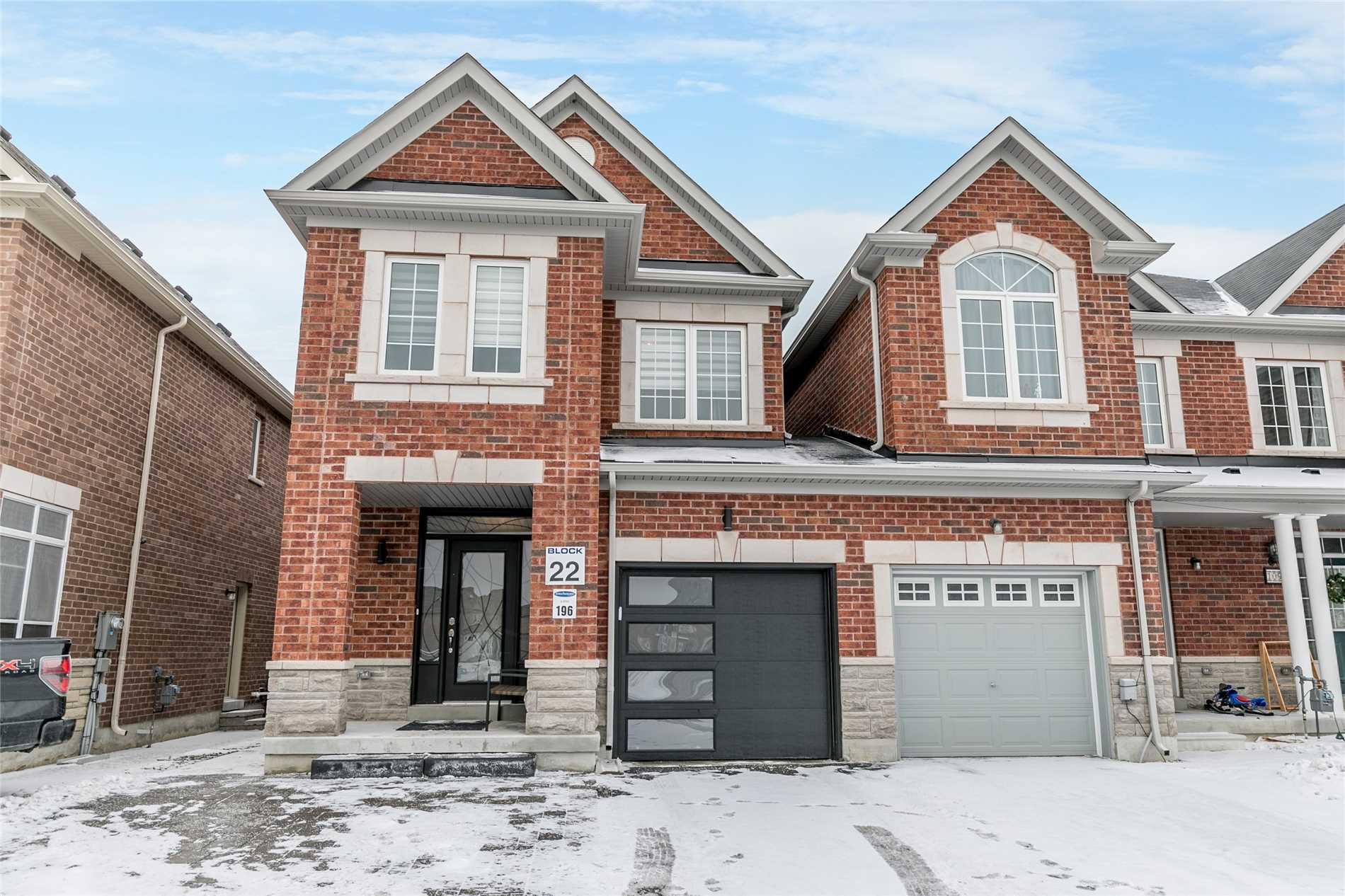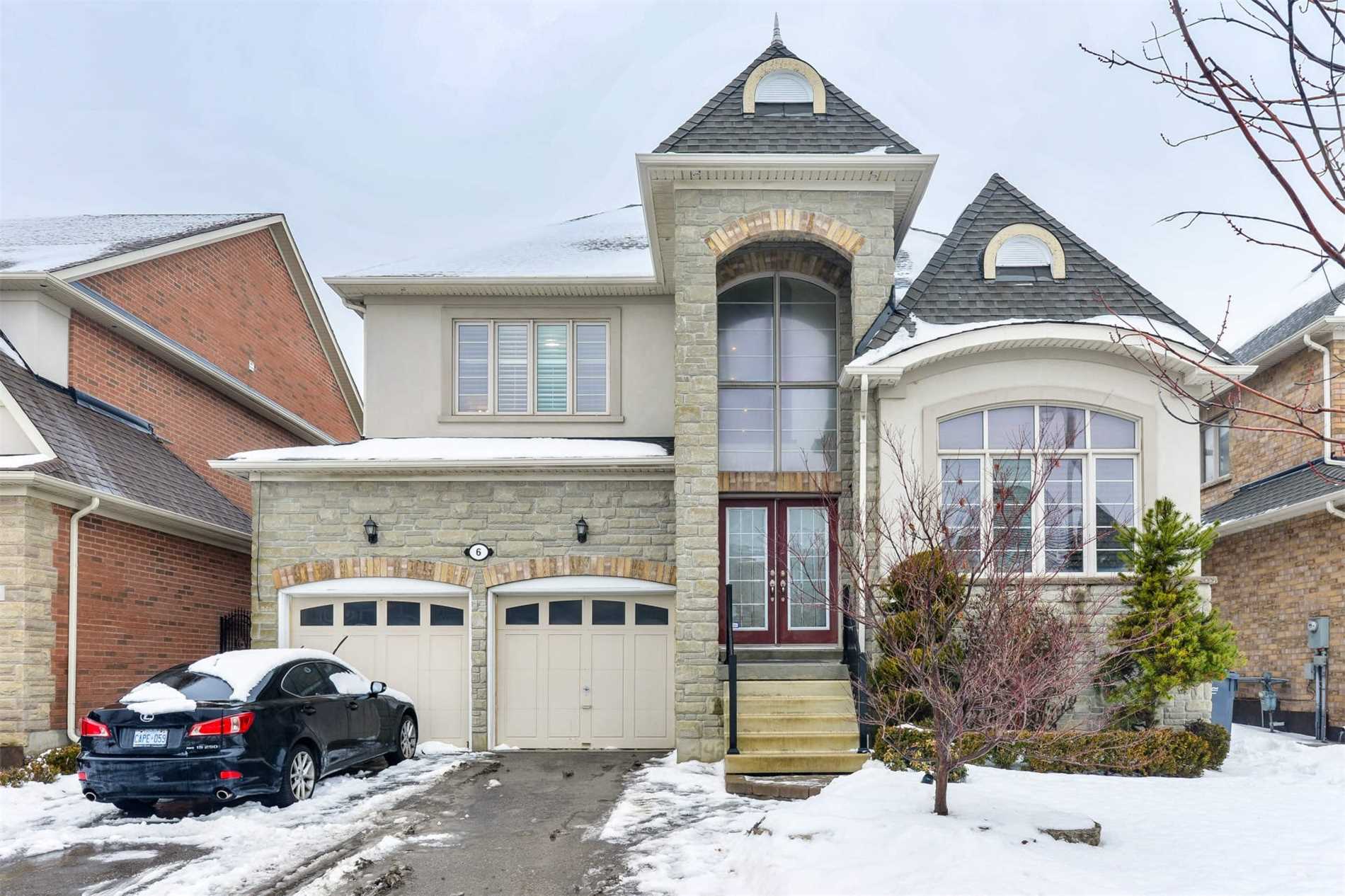Home Ownership Costs

Mortgage Pre-Approvals
Buying your home involves more than just saving for a down payment. It might be the largest ownership cost, but there are other things to plan & budget for. It is best to meet with a mortgage representative to determine how much you can afford. You can use an online mortgage calculator that will let you plug in your basic numbers to see an estimate of how much of a loan you could qualify for. You can take this estimate to a mortgage representative and they will see if they hold up to your true numbers.
When doing your own financial review it is best to be honest with yourself rather than underestimating your household expenses because in the end your mortgage representative will give you the realistic amount. The will then come up with a close estimate of your financial numbers and present you with a preliminary figure for your pre-approval.
Remember to prepare yourself for extra costs that come with being a home owner, like cost for repairs and additional insurance. Make sure you keep this in mind when you are calculating what you can afford for your mortgage.
Deposit
When you are ready to make an offer on a purchase, the first step you might have to take is putting a deposit down. The deposit amount will depends on the area of the property, the purchase price of the home and other factors. If you are required to put a deposit down, it will be considered as part of your down payments and deducted from the total purchase of the home price.Down Payment
There is no max on how much you can out for your down payment and usually the bigger the down payment the better it is because then you don’t have to borrow as much for your mortgage. Keep in mind that you will want to leave enough to cover all other costs that come with closing the sale and you don’t want to leave yourself cash poor.If all conditions have been made after your offer to purchase, the minimum amount you can put down is 5%. Let say the property you are purchasing is $400,000, and then you will need a min. down payment of $20,000. In most first-time homebuyer’s situations, the down payment is less than 20%. If this is case you will also need mortgage loan insurance.
Mortgage Loan Insurance
You will be required to have mortgage loan insurance of your down payment is less than 20%. This is protection for your lender, in case you default on your mortgage. Premiums range from 0.5% to 3% (increased if you are self-employed), and a percentage is calculated on the amount you put down.An example of this is if you were to buy a condo for $300,000 with a 5% down payment of $15,000, a premium of 2.75% on the amount borrowed, $285,000, would be $7837.50. You can add this to the amount of your mortgage loan or you can pay it all up front (this is what most first-time buyers choose). In Ontario the premiums are subject to PST (Provincial Sales Tax). This cannot be added to the amount of the loan. Therefore on a $300,000 condo, you are responsible for paying 8% sales tax on the $7837.50 premium (approx. $630).
Land Transfer Tax (LTT)
Most provinces, including Ontario, have a land tax transfer. The rates and name may vary(aka “property purchase tax”) depending on the province. Certain provinces use a tiered system where the rates vary depending on the homes purchase price. Your real estate agent or lawyer will notify you about what the rate is in the area of the home you are looking to buy.Home Inspection
Some believe that a home inspection is a must have for every home purchase. It is the only way to know what exactly is going on with parts of the home that you can’t necessarily see when you are viewing properties. In fact some mortgage lenders might insist on one to verify that the condition of the home is good.You will be given a report concerning the conditions various systems in the home like the roof, furnace, plumbing, roofing etc. The home inspection report might identify must do repairs before you fully commit to buying the home. Your real estate agent can then negotiate the price of the property or insist that the repairs be fixed before you continue with the deal.
The cost of a home inspection depends on the size, condition & age of the property. It can range anywhere around $300 - $500. In the long run, a home inspection can save you money and a headache.
Property Insurance
On closing day, your mortgage lender will need you to have your property insurance in place. In the case that something happened to the home or its contents, the lender wants to make sure that the insurance is in place to cover the costs.The insurance fees vary and depend on the property value. The good news is that the insurance company is very competitive, which gives you lots of room to shop around and figure out the best price & coverage for you. Your broker can help you out with finding the best deal and you could even get a discount if you use a company that you already use for other insurance policies.
Mortgage Life Insurance
Mortgage life insurance is different than mortgage loan insurance. It is there to protect you in case anything happens to you. It isn’t a mandatory insurance, but might suit your situation and is definitely worth looking into. It usually appeals to young families or to a family with only one breadwinner. You have the option to get life insurance instead of mortgage life insurance.Legal Fees
Legal Fees for buying your property must be paid upon closing. The cost varies & will depend on your situation. Your Real Estate agent can put you in contact with a local lawyer if you don’t know of any.Title Insurance
This type of insurance protects you against any defects of title to the property. An example of this is if the previous owner did major renovations without the right permits for the property, you will be protected against any costs that would require the house be brought up to code. This is usually a one-time fee that is less than $500.Service Connections & Moving Expenses
Last but not least, you can’t forget the service fees for your utilities such as electricity, phone, internet etc., as well as any moving costs you will encounter – moving truck, storage, movers & more.Be sure to call well in advance for any utilities and services that you will need to be hooked up by moving day. Also, ask about all of the fees that you will need to provide, ie. deposits or new customer fees.
When it comes to the physical part of moving, you might choose the do-it-yourself route and ask friends & family to help out. Or you might want to hire on movers. In this case, be sure to do your homework and look at reviews, rates and the level of service that will be delivered, as all of these vary widely among moving companies. If you need any referrals for moving companies or storage, you can ask your Real Estate agent for someone they have worked with in the past and trust.





